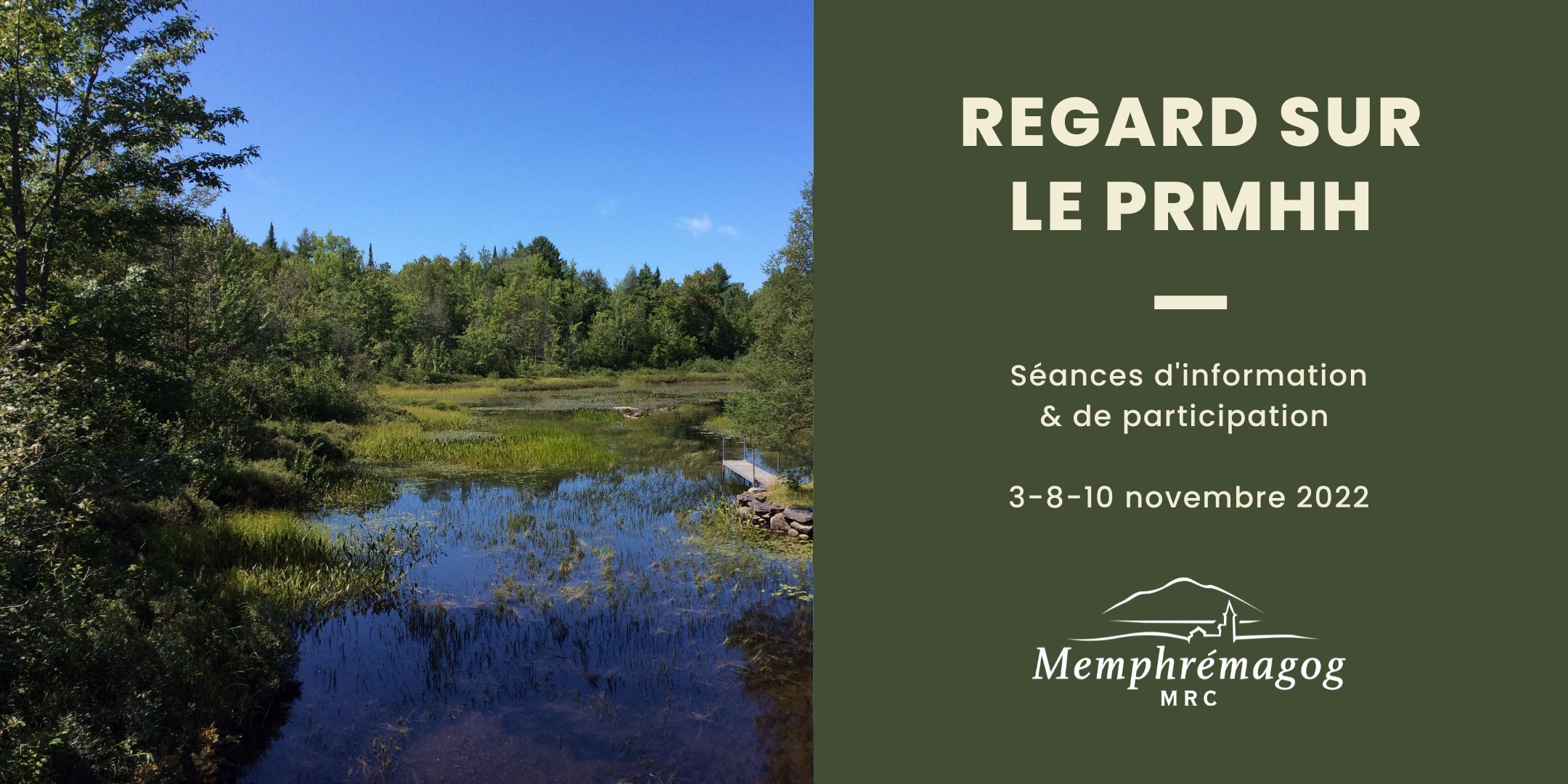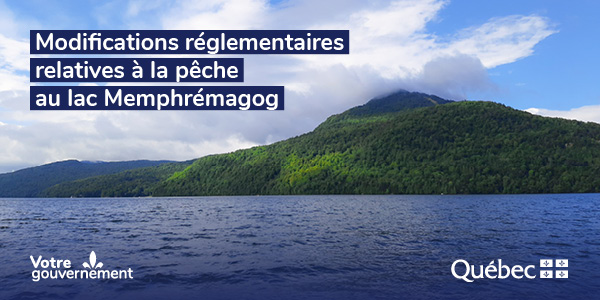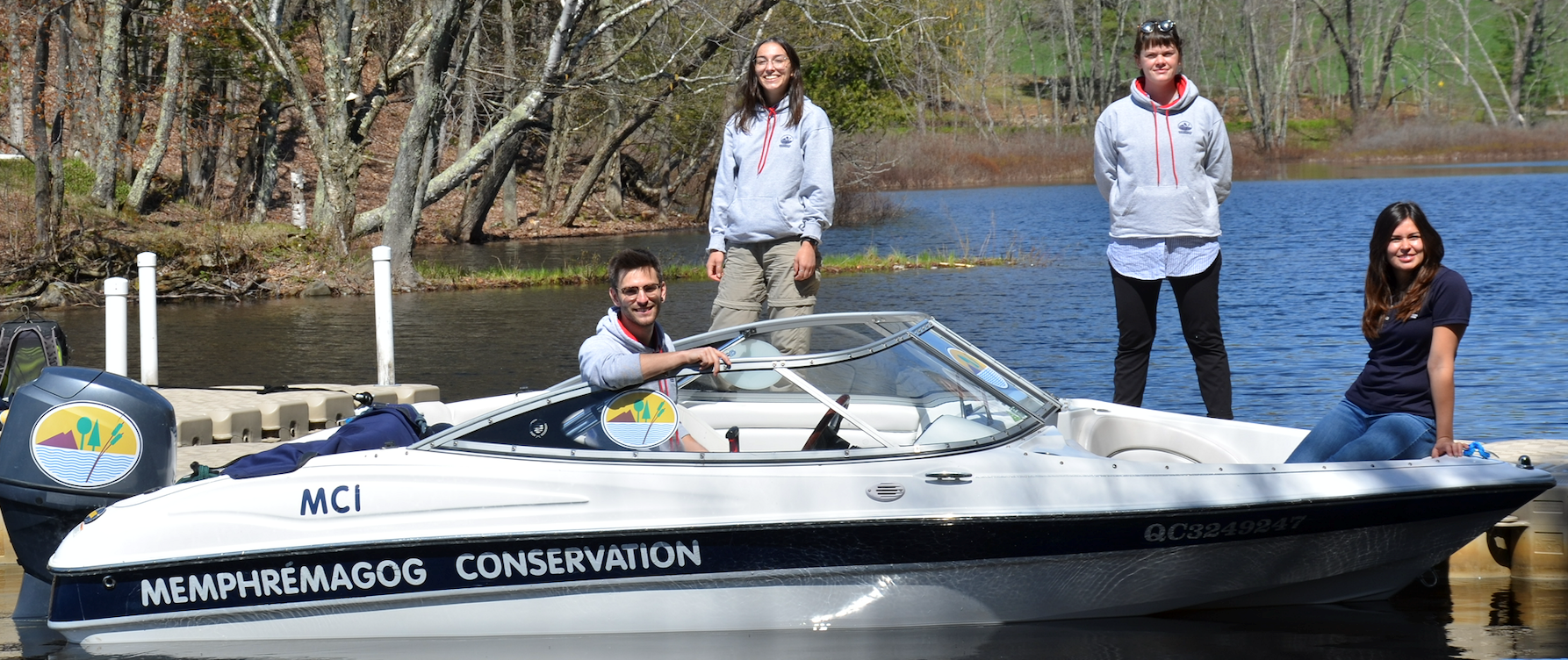Binational study of nutrient enrichment
In 2018, the International Joint Commission (IJC) asked MCI and the Memphremagog Watershed Association (MWA) to examine current programs and measures that address nutrient loading and algal blooms in Lake Memphremagog, and to make recommendations on strengthening these efforts. Consultation with various experts, organizations, municipalities and other governments, as well as a review of the literature provided a snapshot of the current state of the watershed and support a review of current management efforts to target nutrient loads in Lake Memphremagog, as well as ways these can be strengthened.
Preliminary results from this study were presented and reviewed in a binational workshop in for September 2019 and then made available for public consultation. The project provided recommendations on ways to consolidate and improve the current efforts to reduce concentrations of nutrients and the proliferation of aquatic plants and cyanobacteria that they cause. MCI and MWA carried out this project with the Conseil de gouvernance de l’eau des bassins versants de la rivière Saint-François (COGESAF) and the Vermont Department of Environmental Conservation (VTDEC). Furthermore, the IJC appointed 12 experts from the United States and Canada to the Memphremagog Study Advisory Group (MSAG) to provide direction and advice to MCI and MWA during the study. The preliminary report was made public at the beginning of 2020.
The IJC was established under the Boundary Waters Treaty of 1909 to help the United States and Canada prevent and resolve disputes over the use of the waters the two countries share. Its responsibilities include investigating and reporting on issues of concern when asked by the governments of the two countries.
The International Joint Commission’s work plan is available on the IJC’s web site: http://ijc.org/en/LCLM
The report is available online.

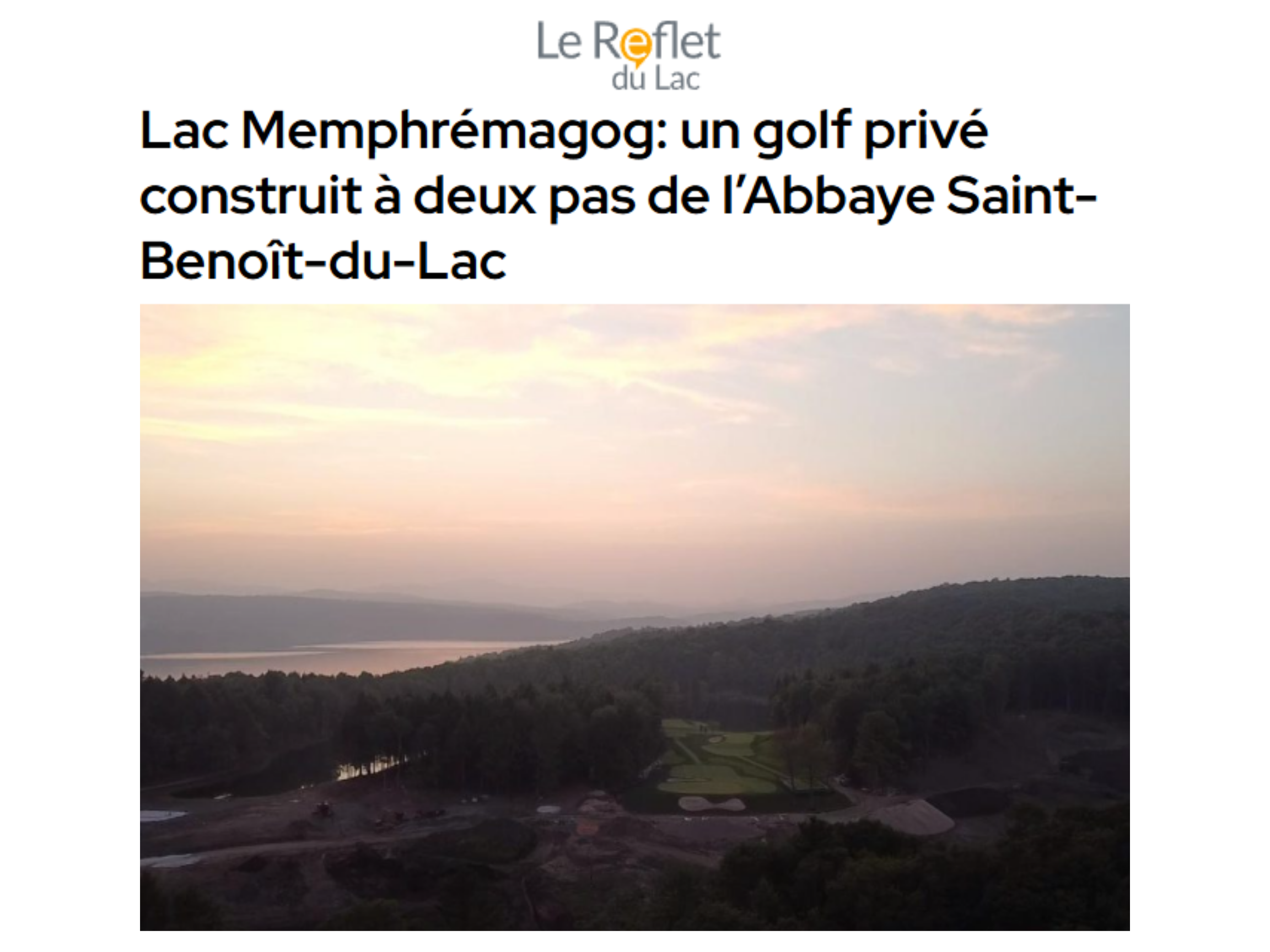
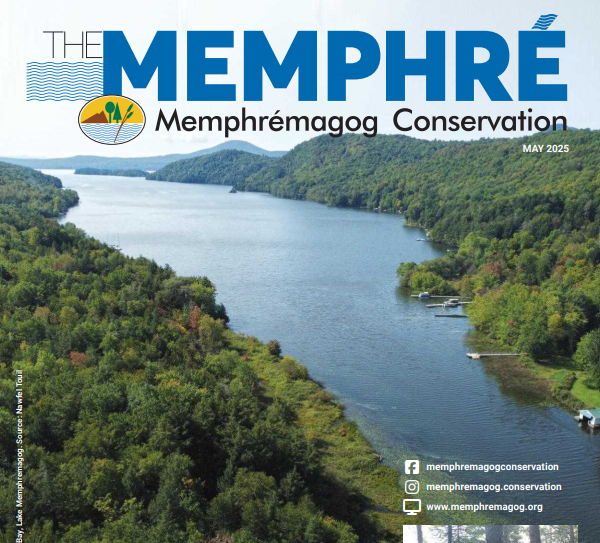
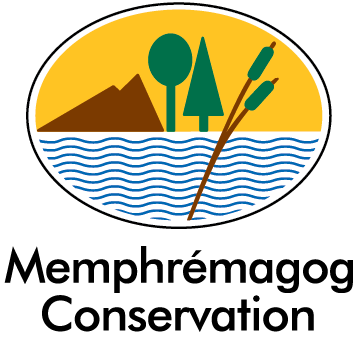



.png)
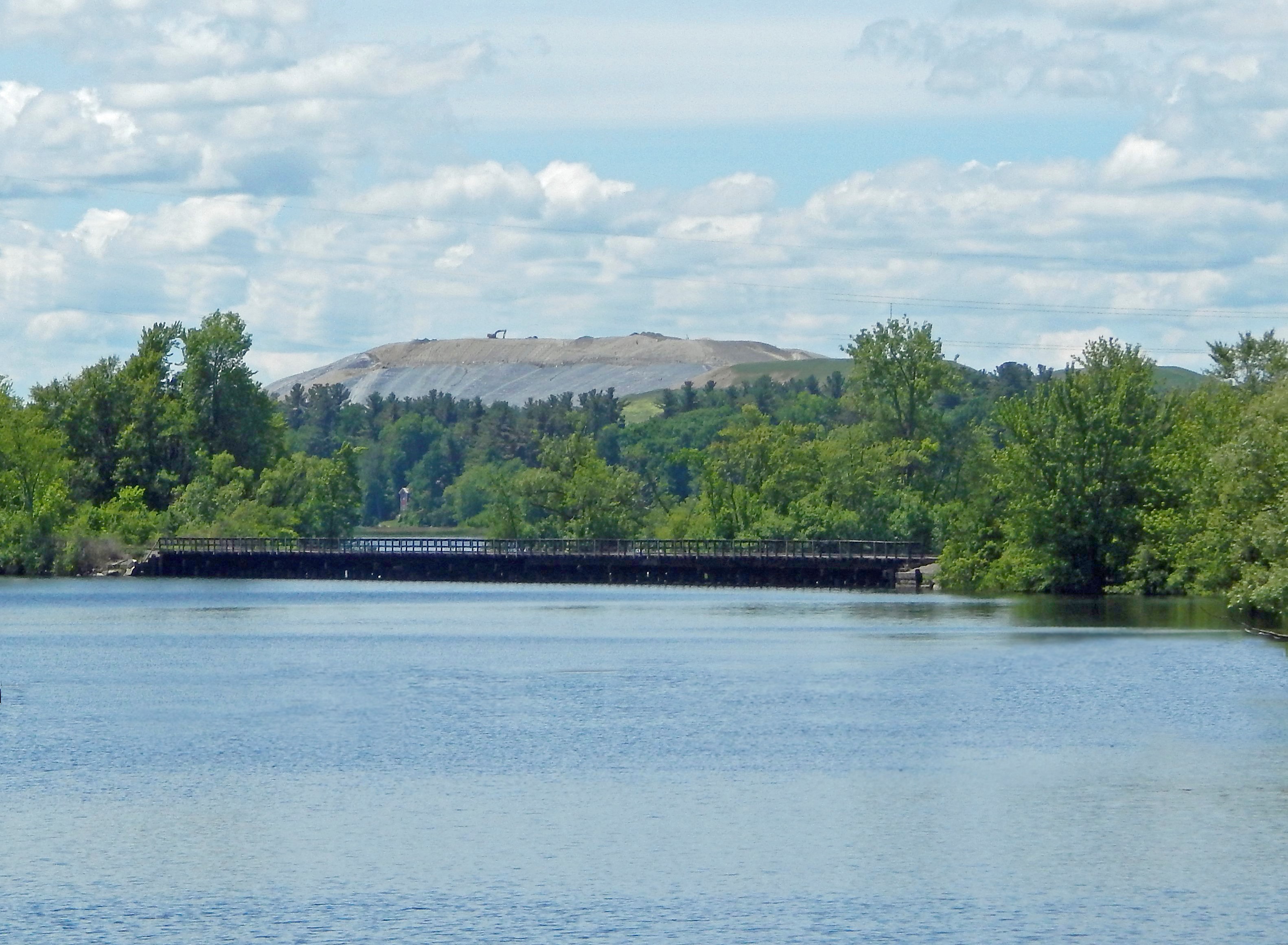


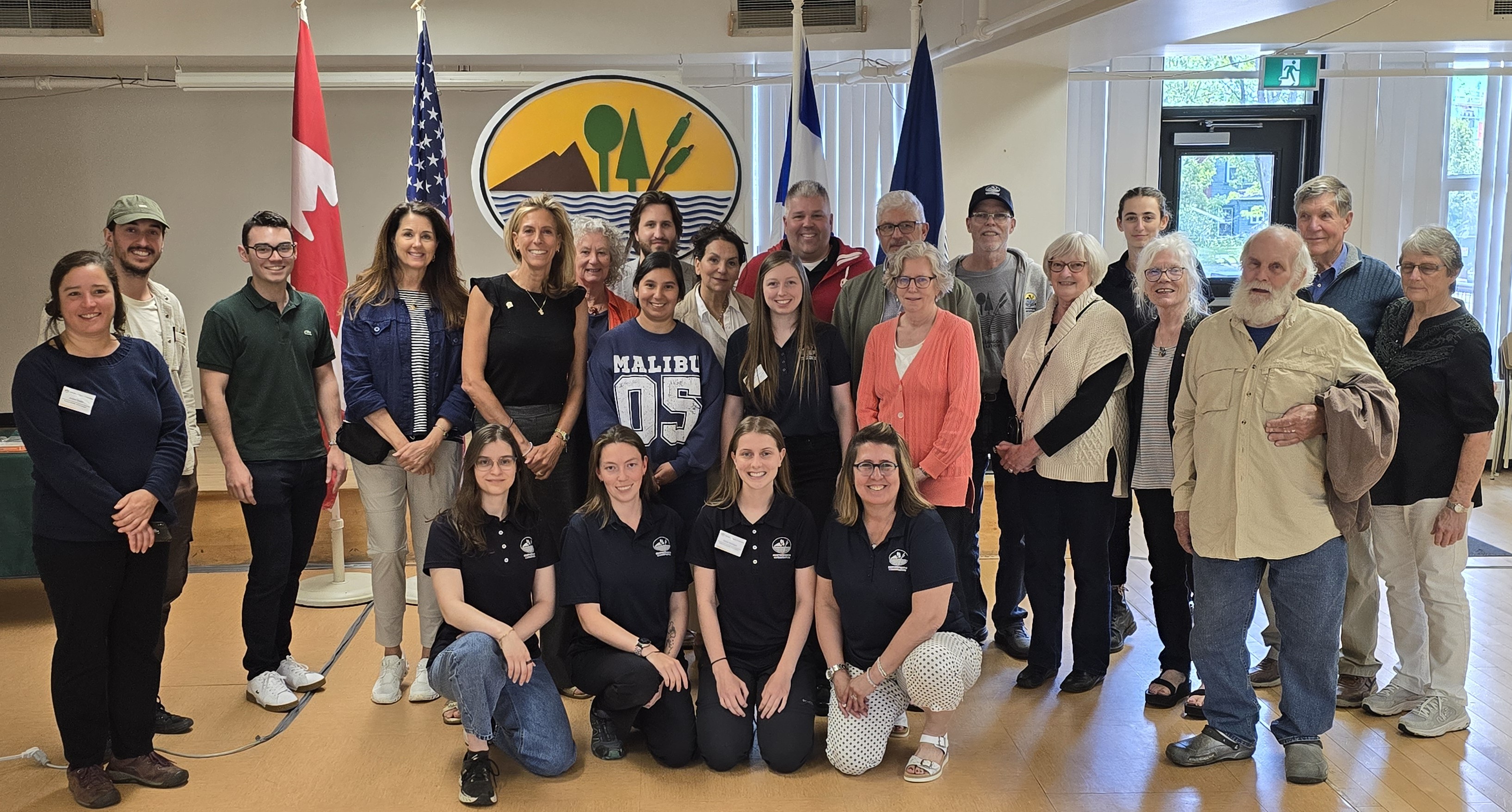
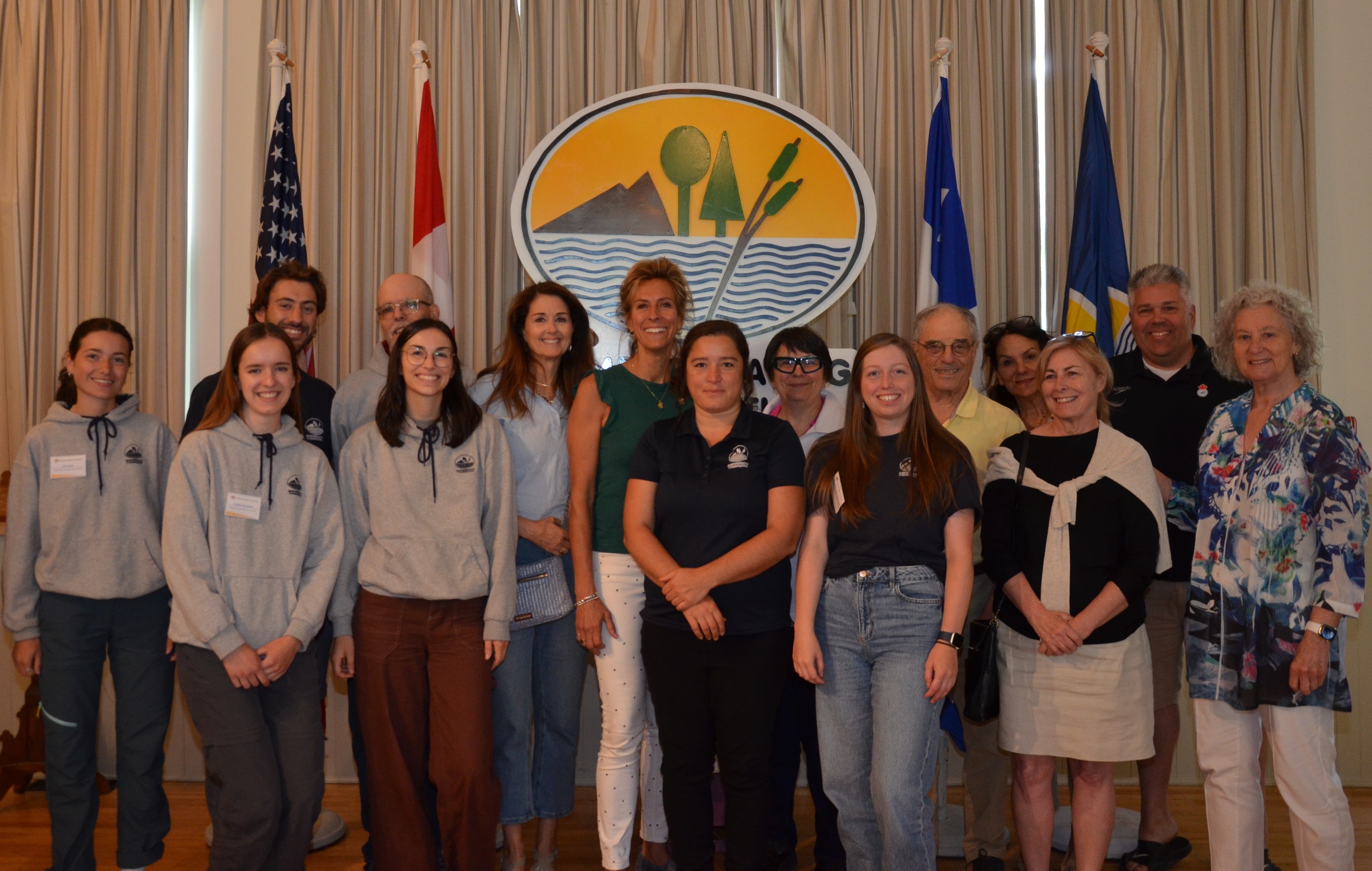
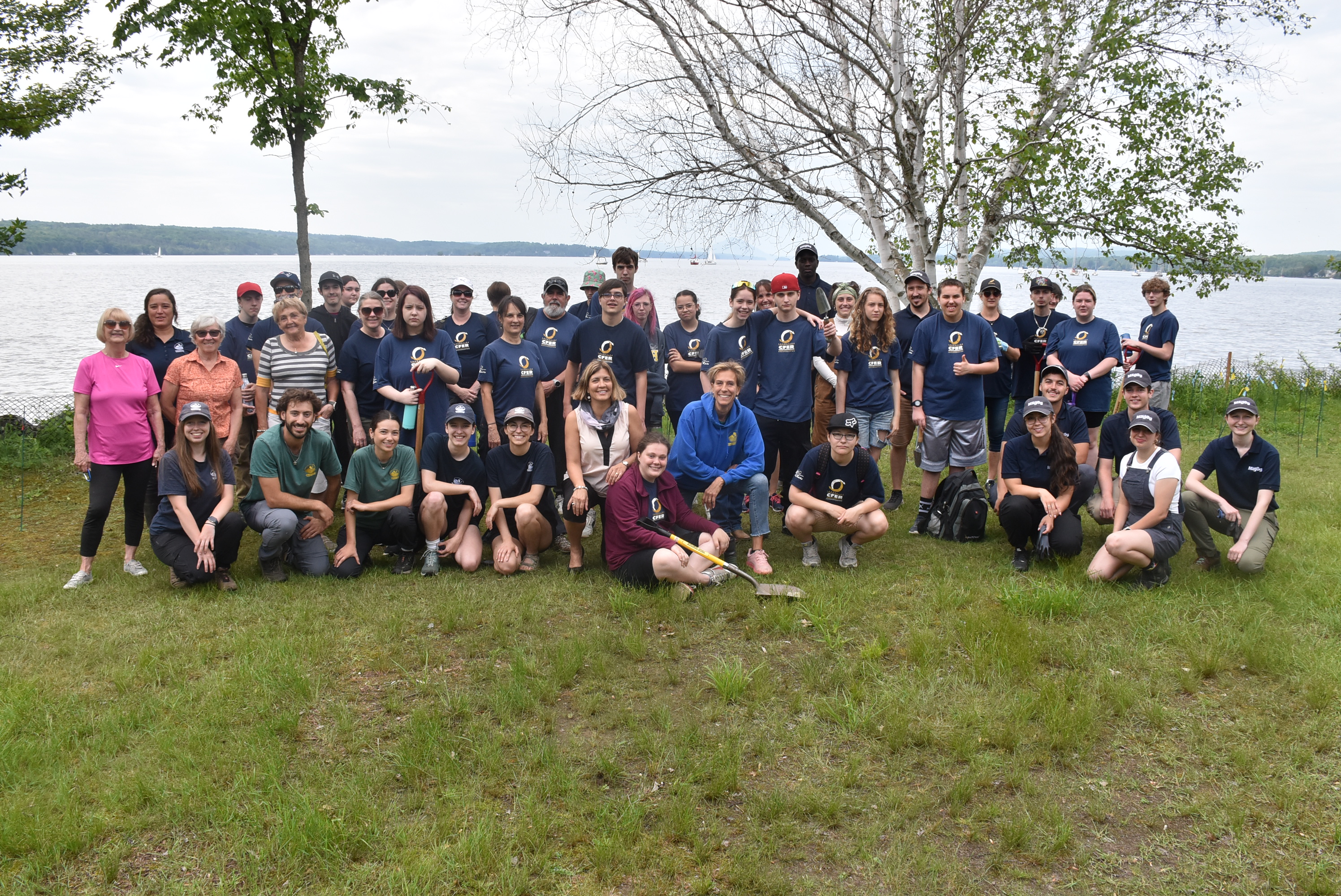
.JPG)
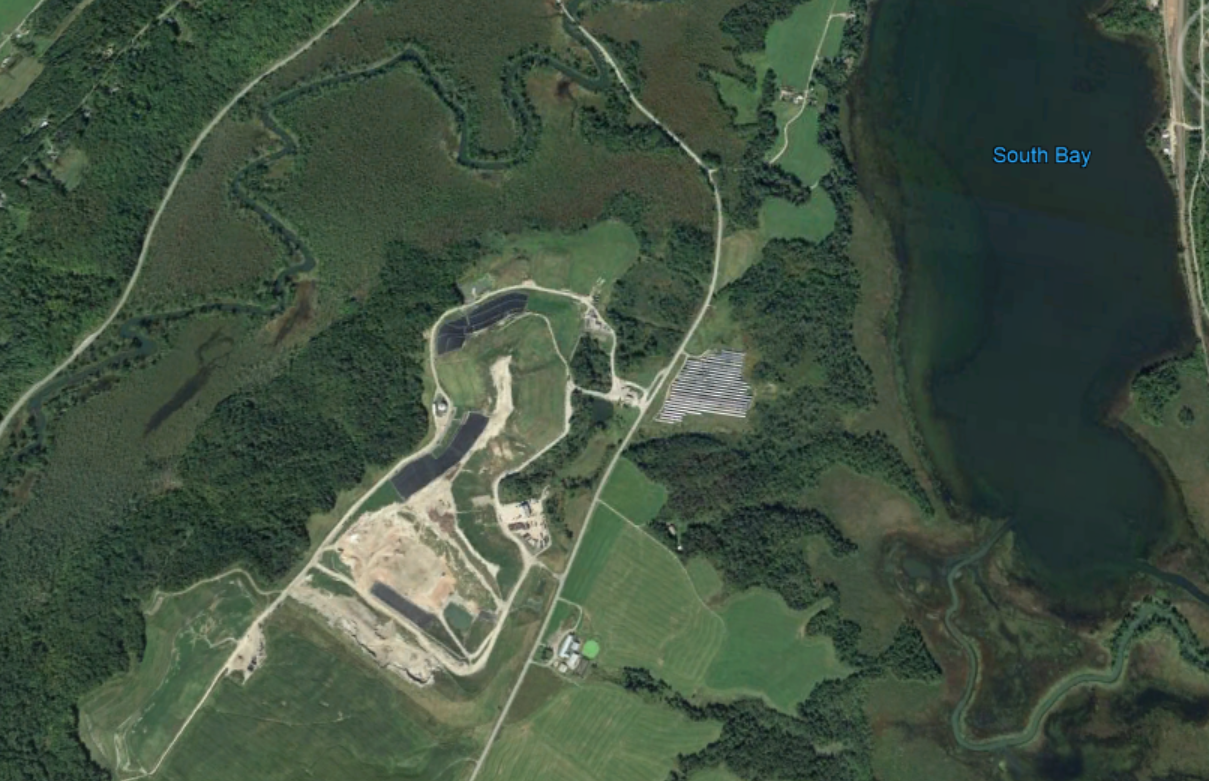
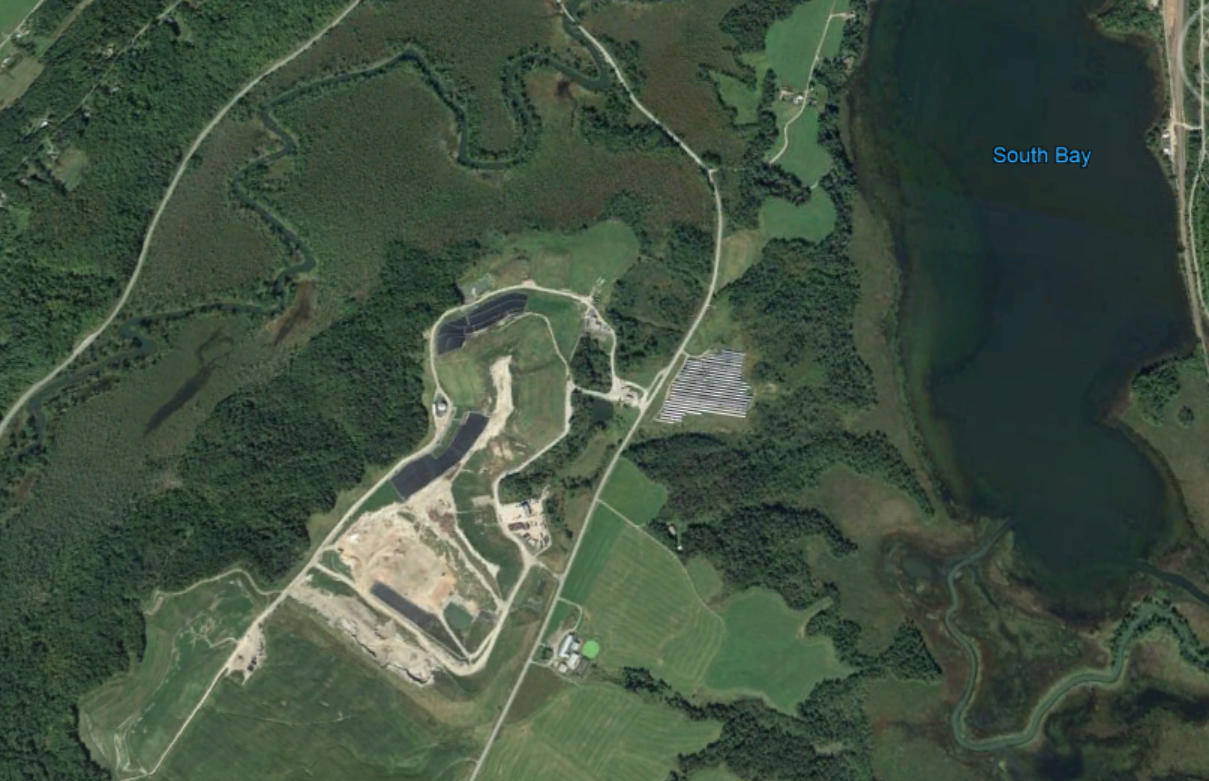
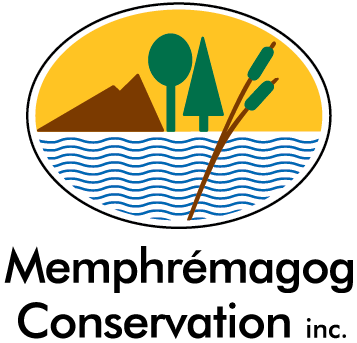




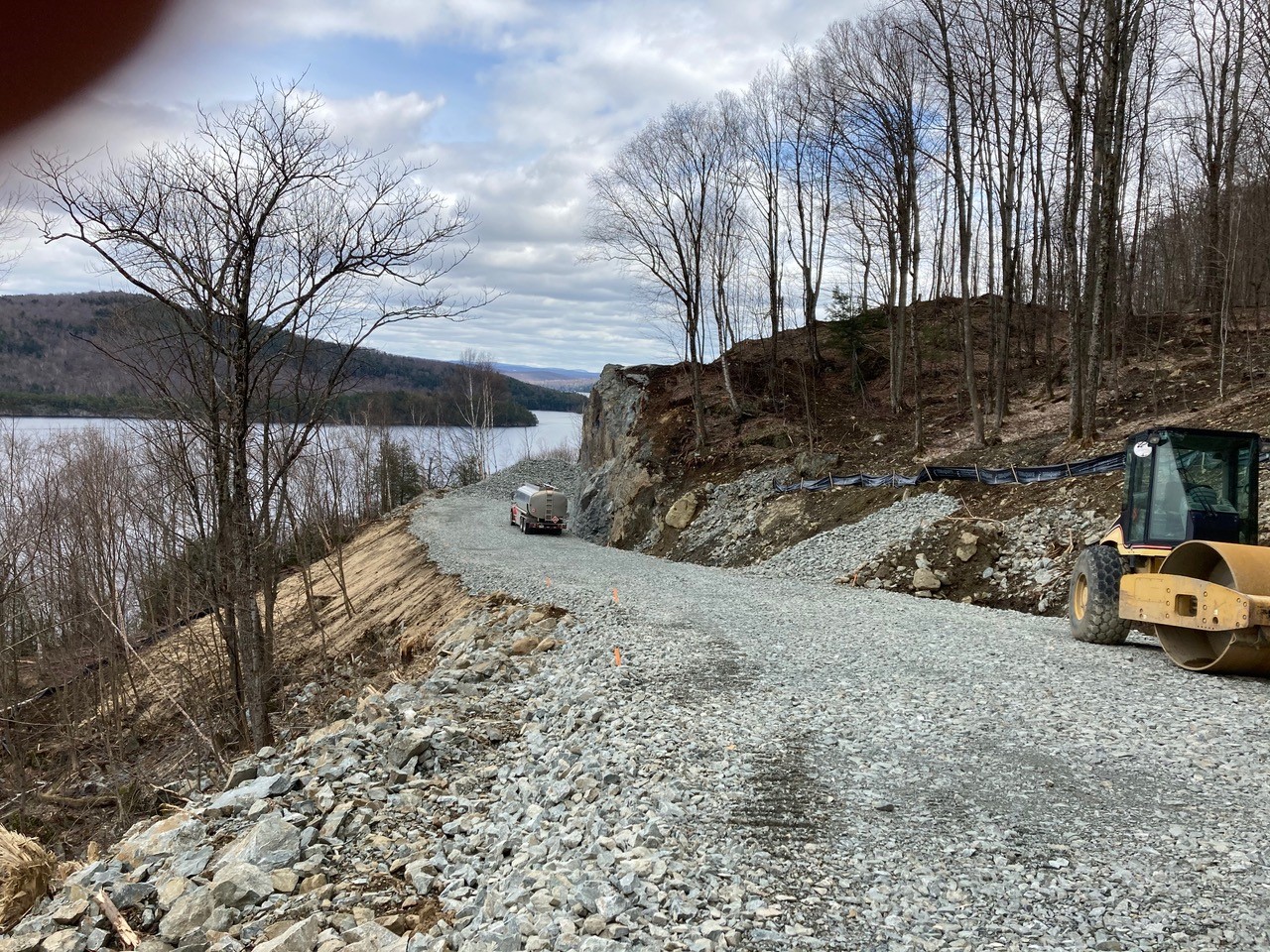
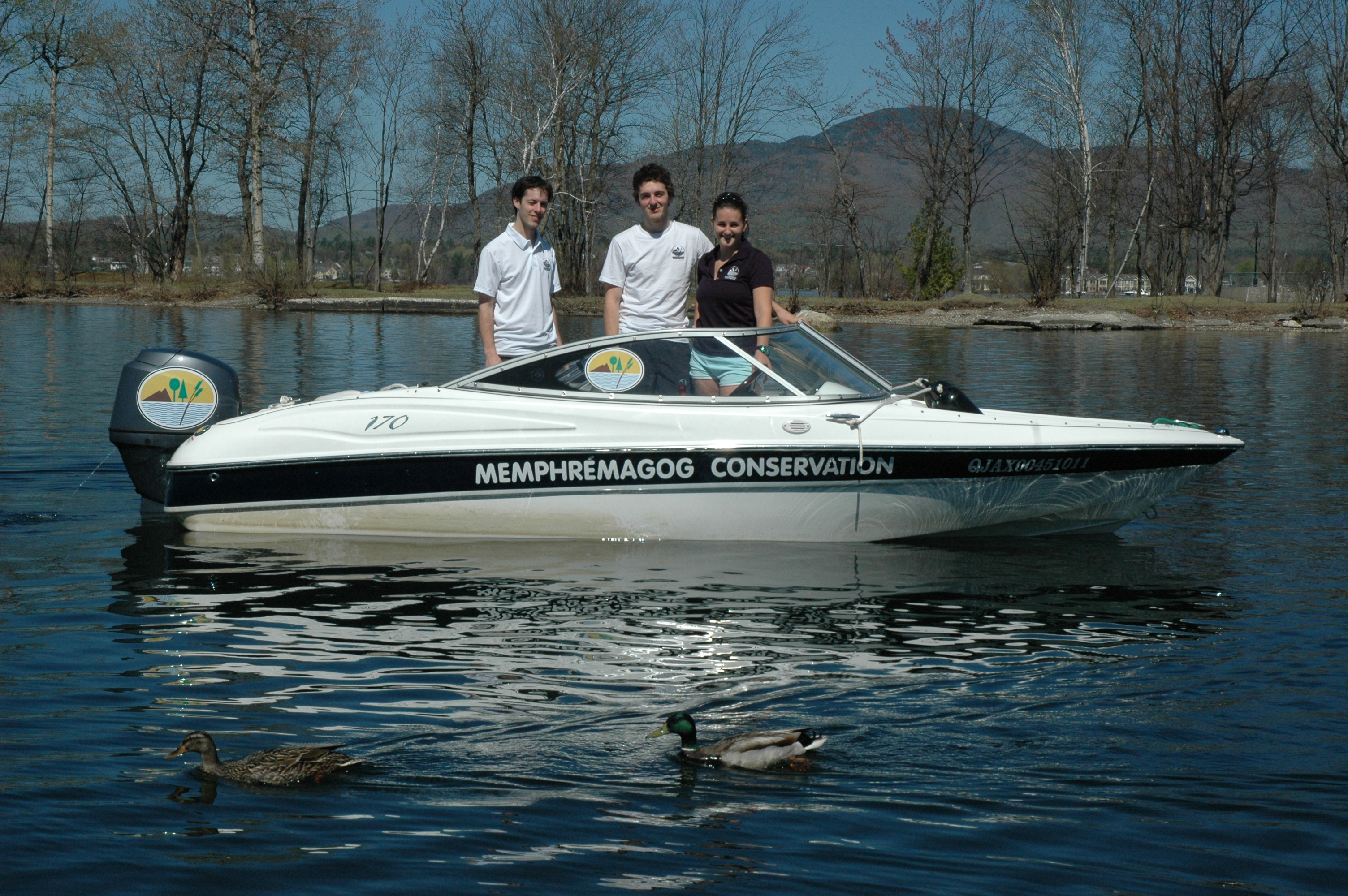


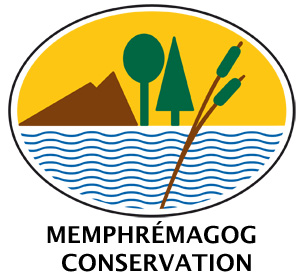










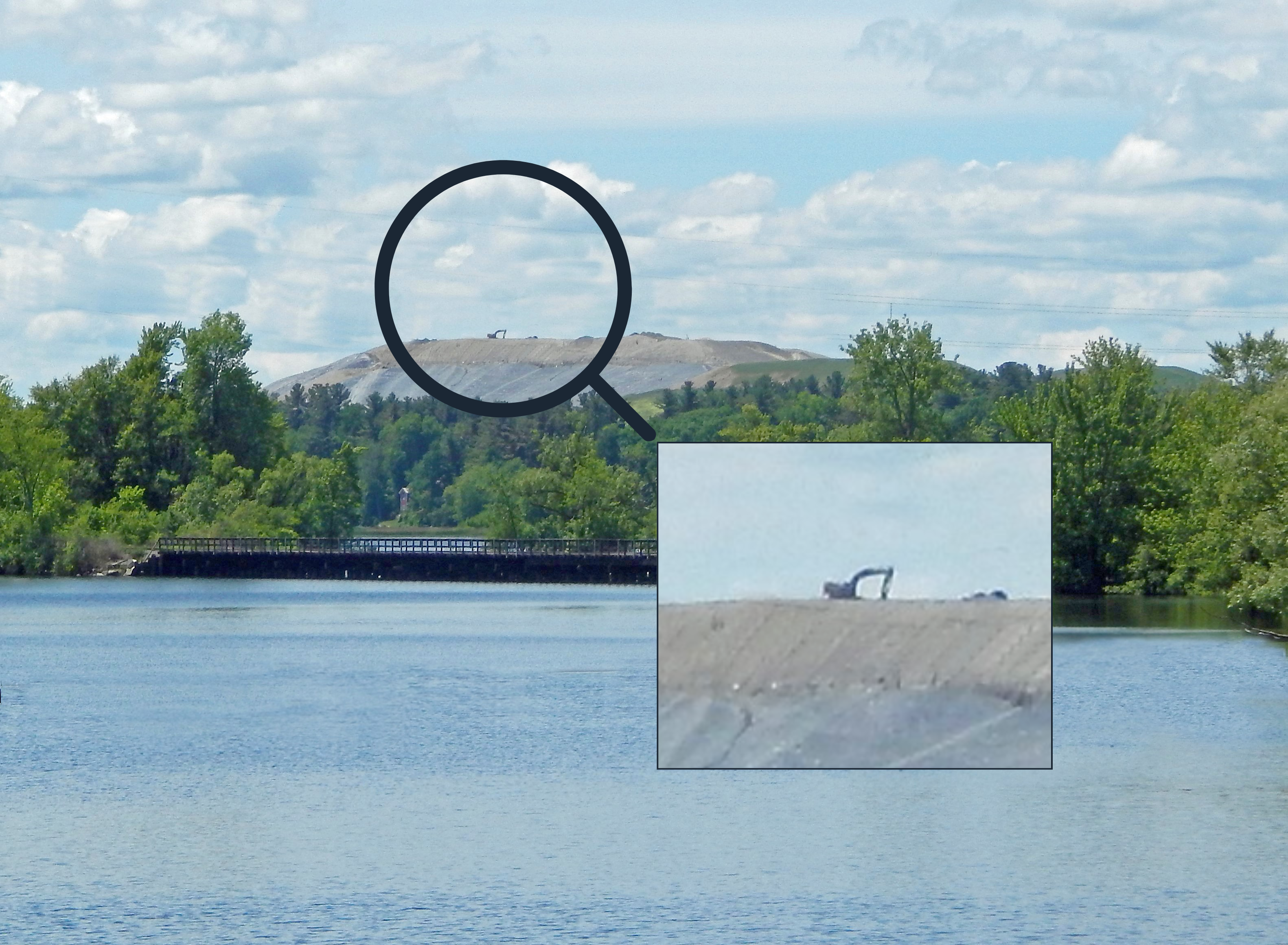









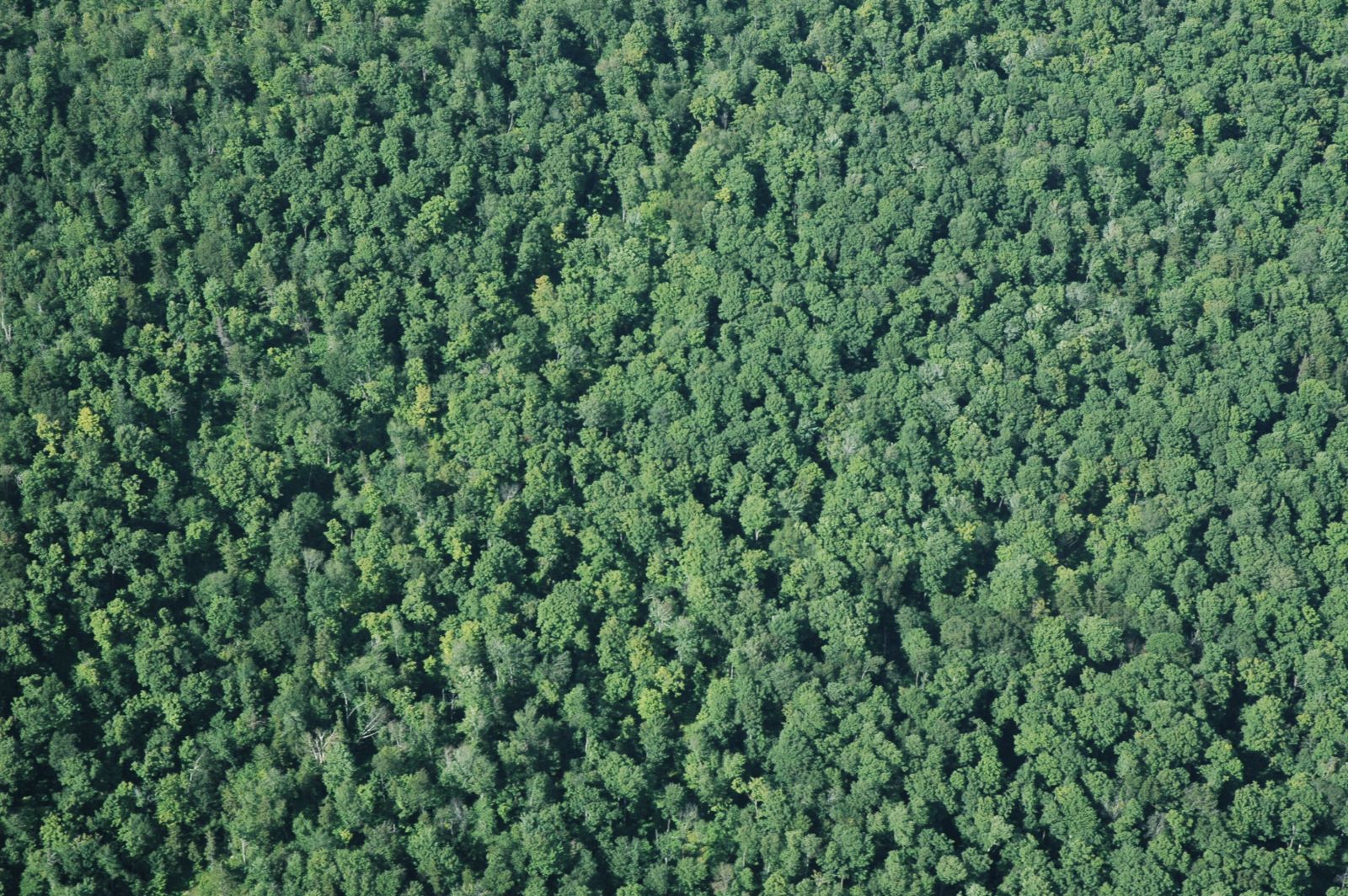
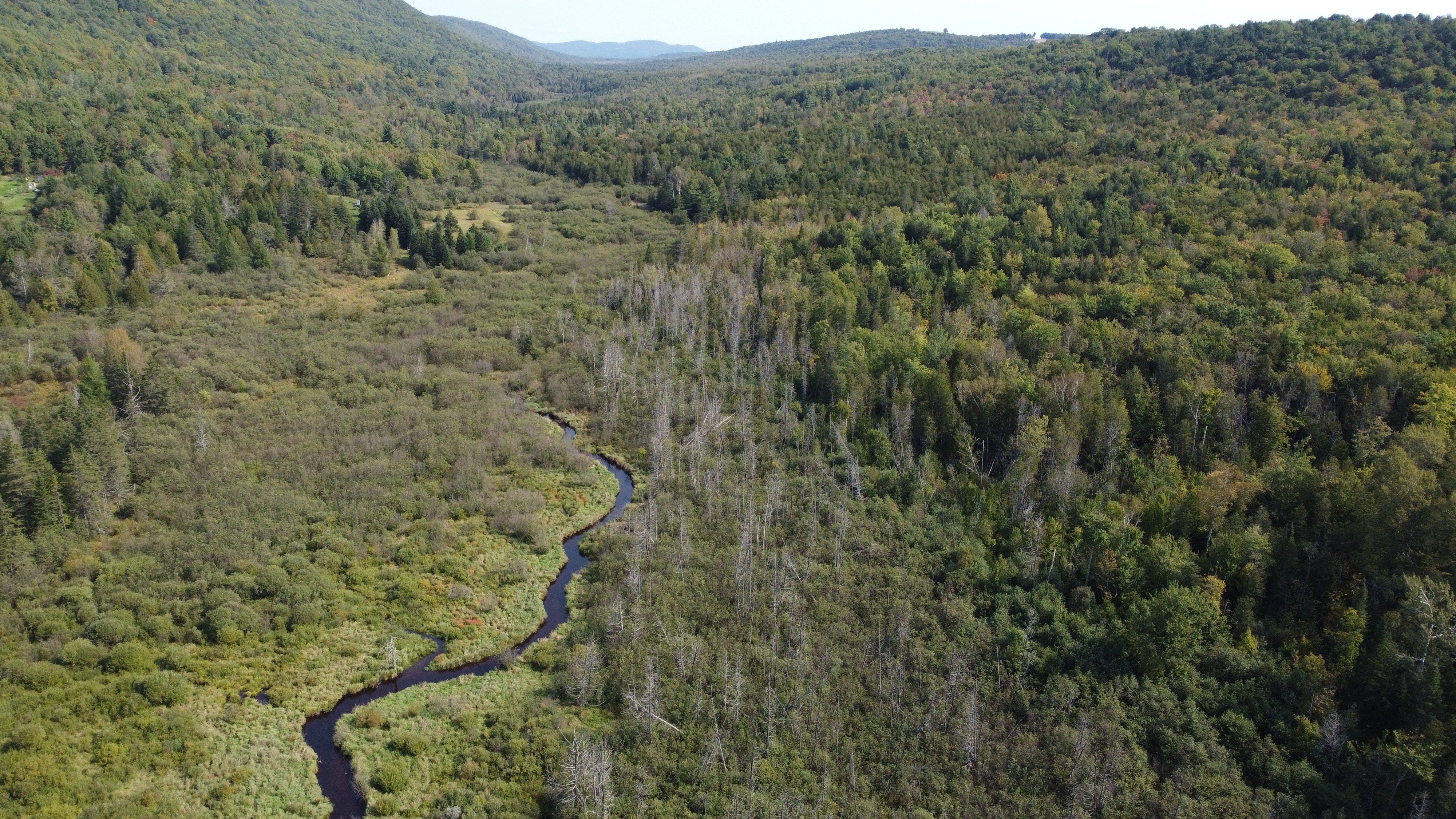
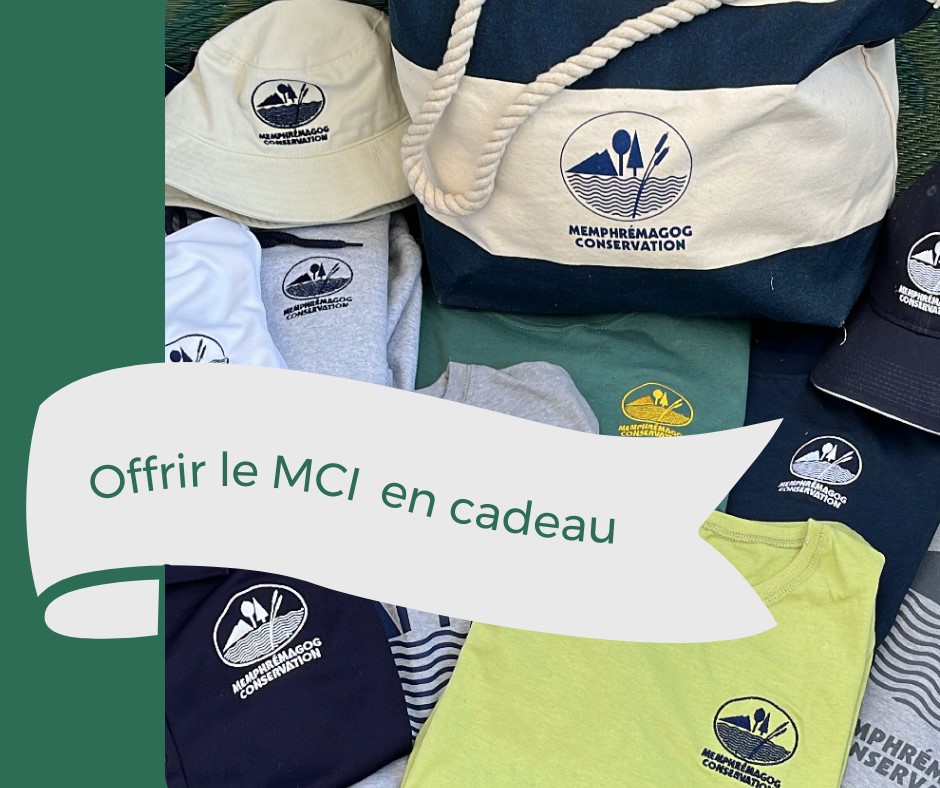
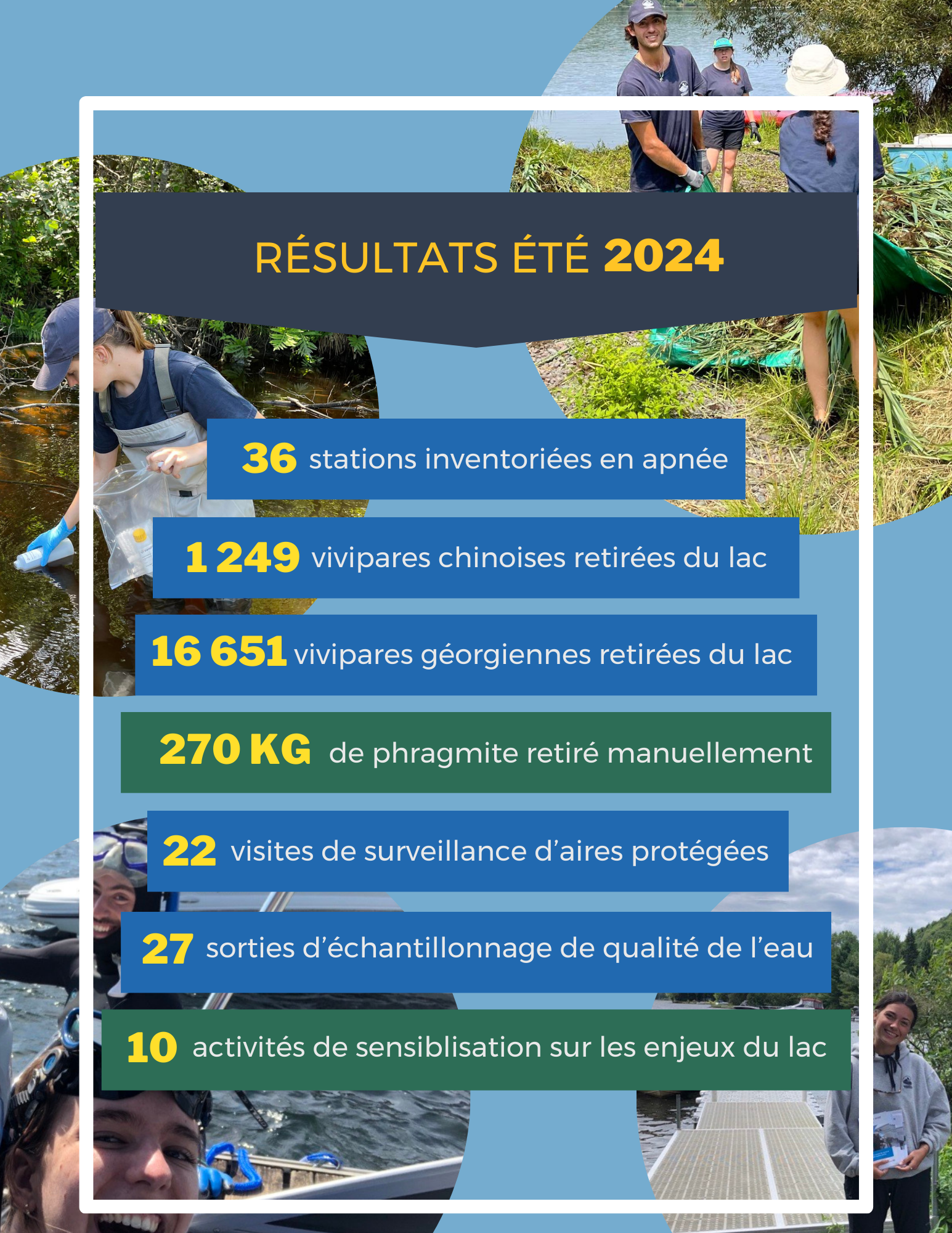
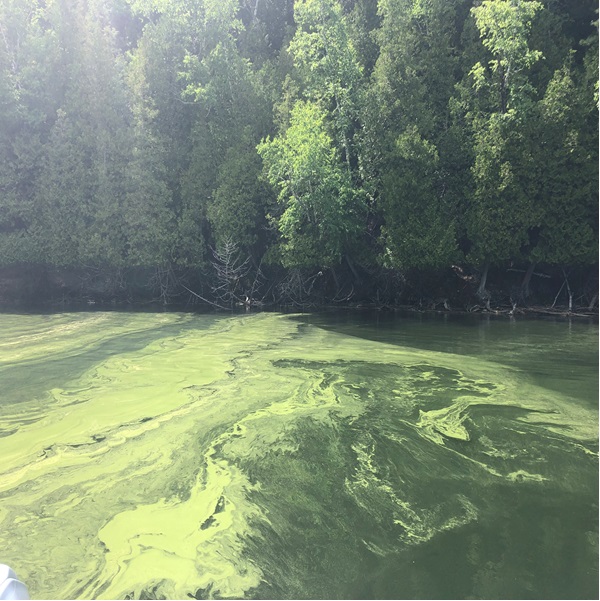
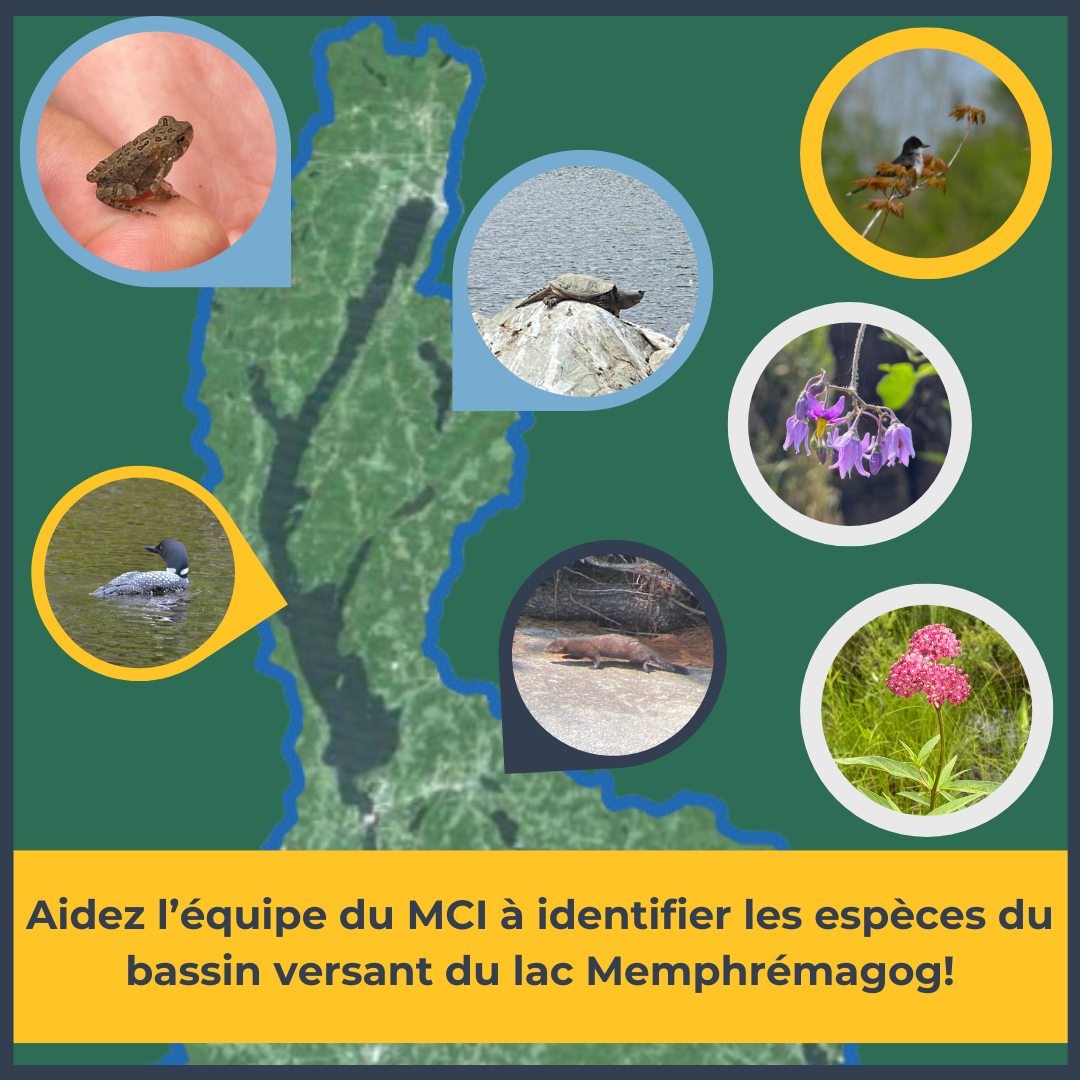
.JPG)





